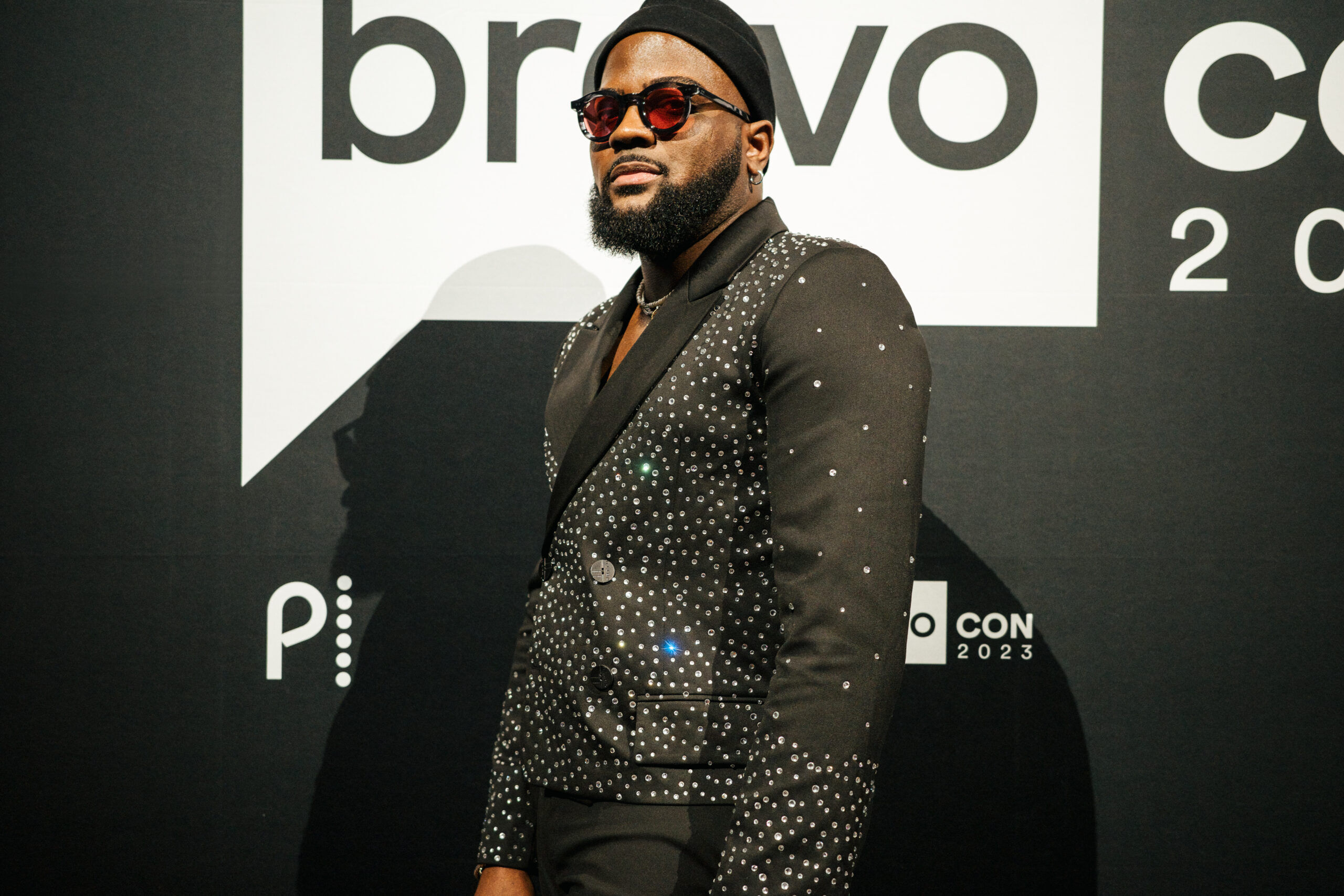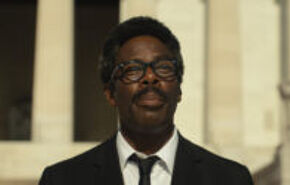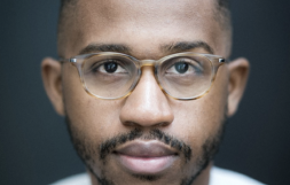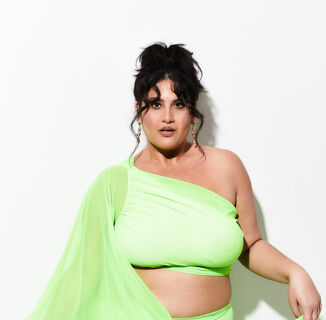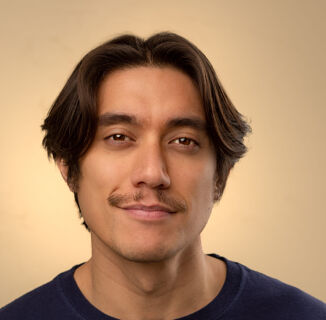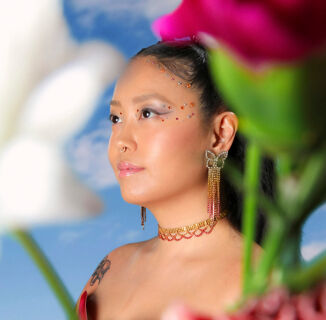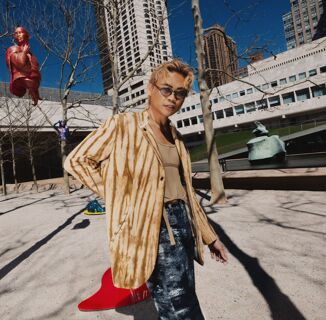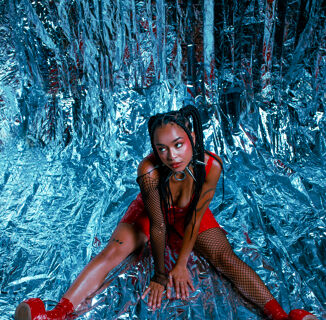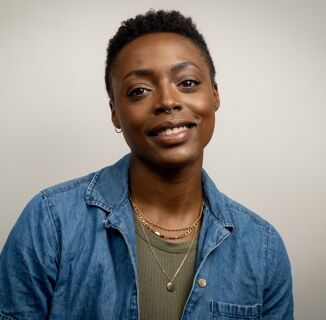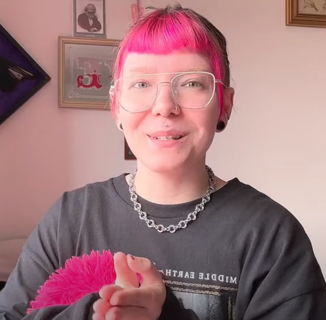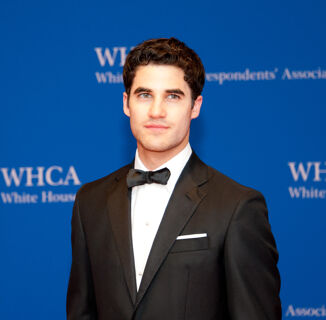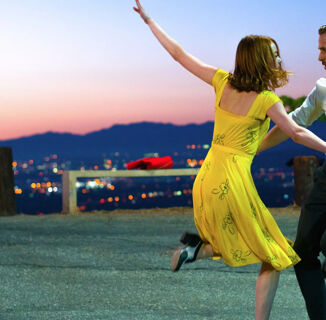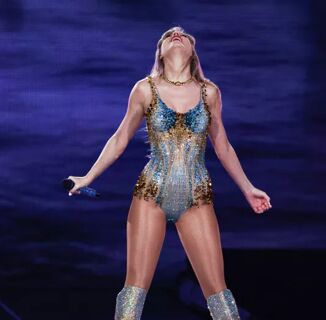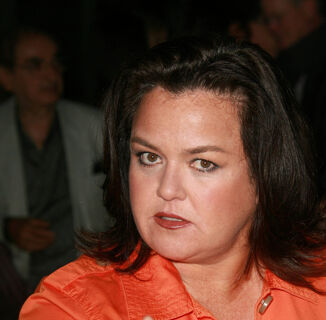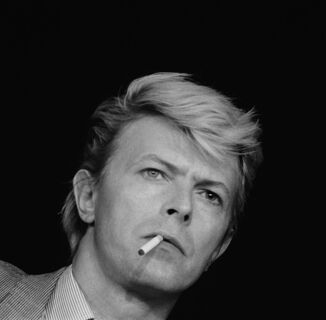*Photo credit: Luther Redd
When Summer House: Martha’s Vineyard debuted this year with an all-Black cast, it became a fresh pivot from generally “whitewashed” reality TV. And in doing so, the cast’s only Black gay member, Preston Mitchum (he/him), added a new job to his resume.
An attorney, activist, professor, and frequent cable news contributor, Mitchum’s Keke Palmer-esque job balancing allows him to explore all facets of his talents. The founder & principal of PDM Consulting, a multi-purpose consulting firm focused on the power of Black people, LGBTQ+ people, and young people, Mitchum also served as the Director of Federal Advocacy and Government Affairs at The Trevor Project, while teaching law at American University.
Did we mention he found time to be on a reality TV show? As an inaugural member of the Summer House: Martha’s Vineyard cast, Mitchum gave viewers an inside look into who he is and behind that polished resume is a stylish, social butterfly. Now that he’s a part of the Bravo family, we caught up with the multi-hyphenate to chat about attending his first BravoCon, the trials and tribulations of reality TV, and the queer icons who helped him on his queer journey of self-discovery.
Your first season of Summer House: Martha’s Vineyard finished this year. What were the most rewarding and the most challenging parts of being on reality TV?
Being a Black queer man on reality TV can bring both rewarding and challenging experiences. One of the most rewarding aspects is the opportunity to represent and be visible as a Black queer man. This visibility can be empowering for both myself and others who may identify with my experiences and LGBTQ+ people who would not otherwise know anything about me. Moreover, being on reality TV provides a platform to advocate for issues that matter. It can be a powerful tool to raise awareness about LGBTQ+ rights, racial equity, mental health, and other social issues. Lastly, being part of a reality TV show can open doors to various opportunities in the entertainment industry that are not otherwise available, particularly for people who are part of marginalized communities. In many ways, one opportunity can be a stepping stone to other projects, collaborations, or even continued advocacy work.
Reality TV also has its challenges as well, but the greatest one is public scrutiny. Being in the public eye means subjecting yourself to criticism and scrutiny. This can be especially challenging for marginalized individuals who may face additional scrutiny based on their race, gender, sexual orientation, or gender identity. The intense pressure, public scrutiny, and the rapid pace of reality TV can take a toll on mental health, and so it is crucial to have a strong support system and coping mechanisms in place when we sign up to be others’ entertainment.
In the end, in navigating the rewards and challenges, it’s essential to stay true to yourself, maintain a support system, and be mindful of the impact that reality TV can have on your well-being.
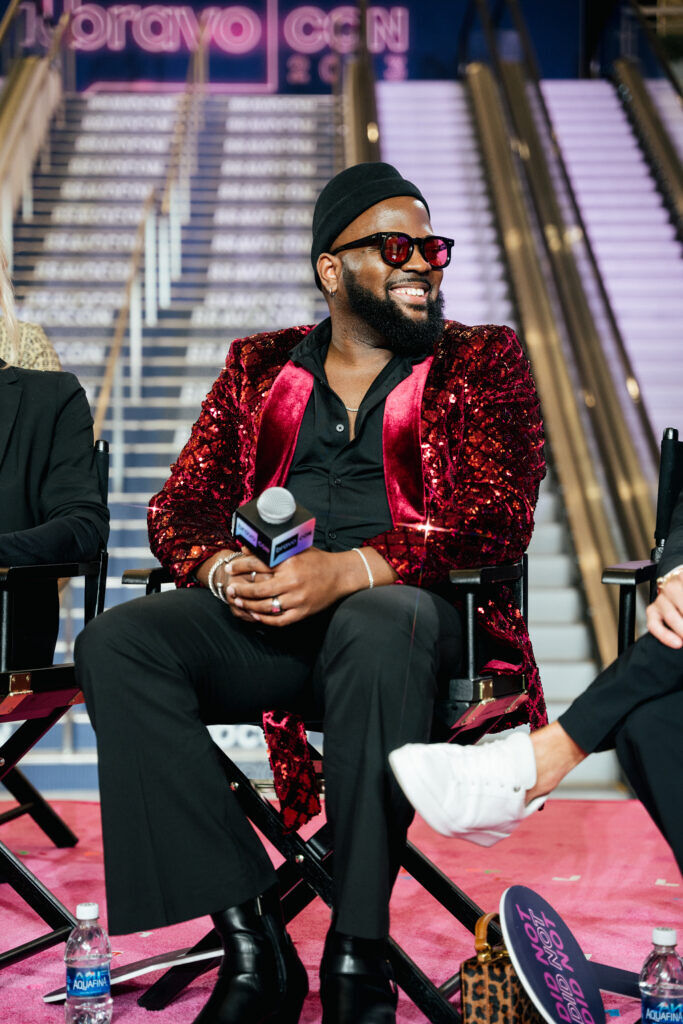
Most folks use reality TV shows as one of their go-to “pick me ups.” What’s your go-to TV show, movie, song, or book when you need a “pick me up” and why?
My go-to pick me up is any song or album by Me’Shell Ndegeocello, my favorite artist. No matter what I am going through or how much stress I may be experiencing, her music just gets me all the way together and recenters me. She is that girl!
You wrapped up your first BravoCon. What were your top three takeaways from the experience?
As a first-time goer, I can emphatically say there is nothing quite like BravoCon. “Bravolebs” and thousands of fans alike are coming together to share about their favorite, and sometimes least, moments on Bravo. My top three takeaways are the following:
First, the beauty of fan engagement. BravoCon provides fans with the opportunity to engage directly with their favorite Bravo reality TV stars, attend panel discussions, and participate in various interactive events. Meeting and interacting with the stars in person can be a highlight for many attendees.
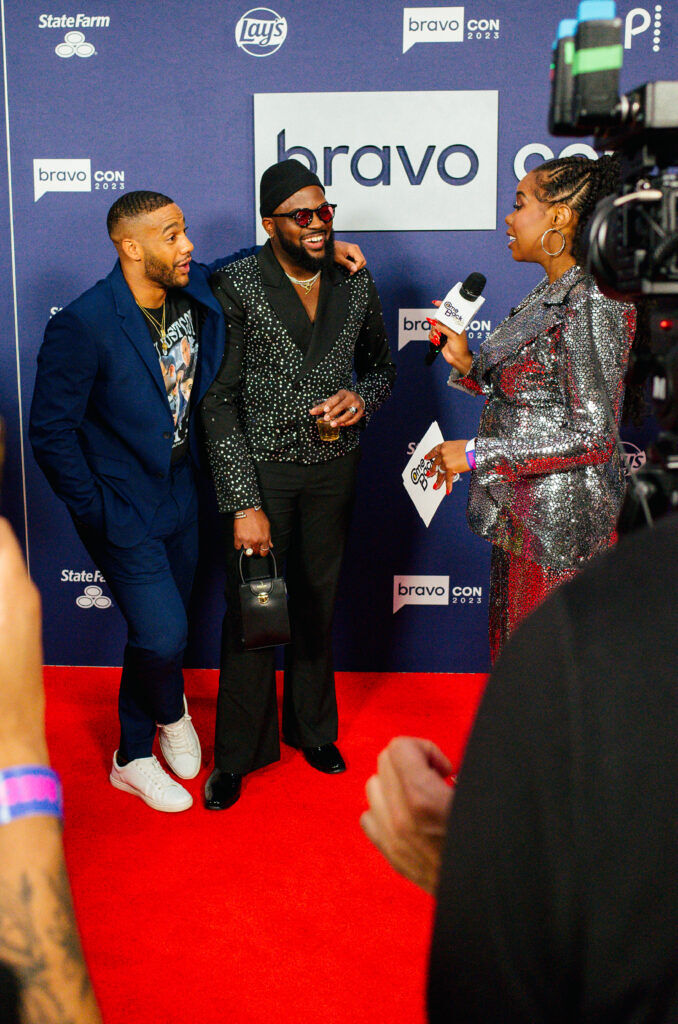
Second, at BravoCon, attendees receive exclusive previews and insights of upcoming shows, behind-the-scenes insights, and discussions with producers and cast members. Fans and viewers might gain a deeper understanding of their favorite shows and personalities. Even on a ‘bromance’ panel I was on, we received a season 2 preview clip of Summer House: Martha’s Vineyard – and it was spicy!
Third, and this was probably the part expected least, there is an unbelievable amount of what I would consider as “community building.” BravoCon can be a chance for fans of Bravo reality shows to come together, share their enthusiasm, and build a sense of community. Connecting with like-minded individuals who share a passion for the same shows can be a rewarding aspect of the experience.
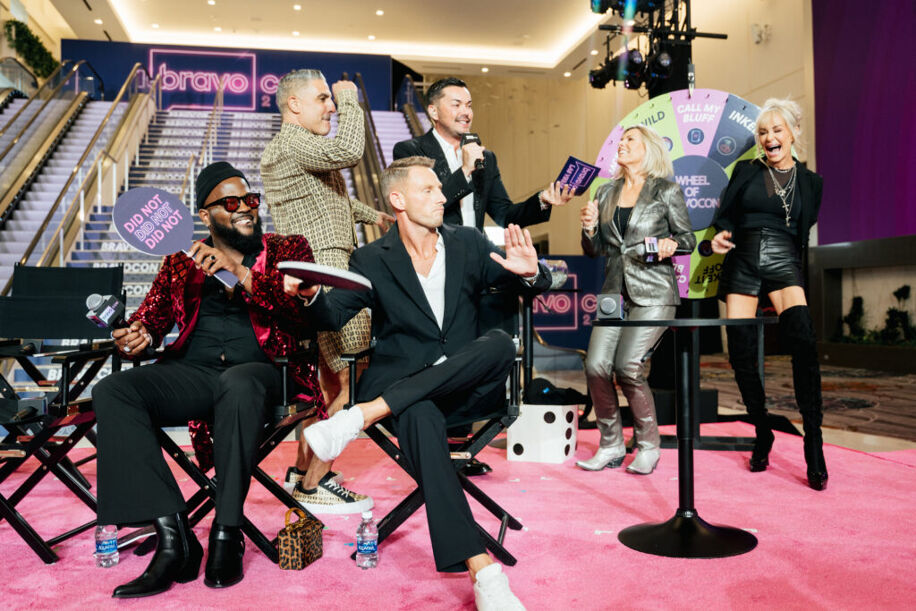
Your presence as a Black queer man on Summer House: Martha’s Vineyard definitely bolsters queer visibility and will support other Black queer folks feel comfortable being themselves. Is there a queer celeb who helped you along the way with your coming out process?
“Coming out” has always been a complicated act for and to me. It’s why in 2013, I wrote the article On National Coming Out Day, Don’t Disparage the Closet to underscore the potential double-edged sword of visibility, especially for people who are part of multiple marginalized communities. Still, there are many Black queer icons, visionaries, and luminaries who have helped in my process of self-discovery, including Bayard Rustin, James Baldwin, Audre Lorde, Dr. Pauli Murray, Langston Hughes, and Marsha P. Johnson, to name a few.
What’s one moment from queer pop culture past or present that our readers should check out?
Paris is Burning – period.
Summer House: Martha’s Vineyard is streaming now on Bravo.
Related:
Watch Colman Domingo transform into a civil rights icon
Domingo stars as civil rights icon Bayard Rustin in Netflix’s new film ‘Rustin’
Artist Kameron Neal wants you to question surveillance with “Down the Barrel (of a Lens)”
“It’s documentation of protests and demonstrations that were happening in the city and it’s a very charged moment in American history.”
Help make sure LGBTQ+ stories are being told...
We can't rely on mainstream media to tell our stories. That's why we don't lock our articles behind a paywall. Will you support our mission with a contribution today?
Cancel anytime · Proudly LGBTQ+ owned and operated
Read More in Get INTO It
The Latest on INTO
Subscribe to get a twice-weekly dose of queer news, updates, and insights from the INTO team.
in Your Inbox

